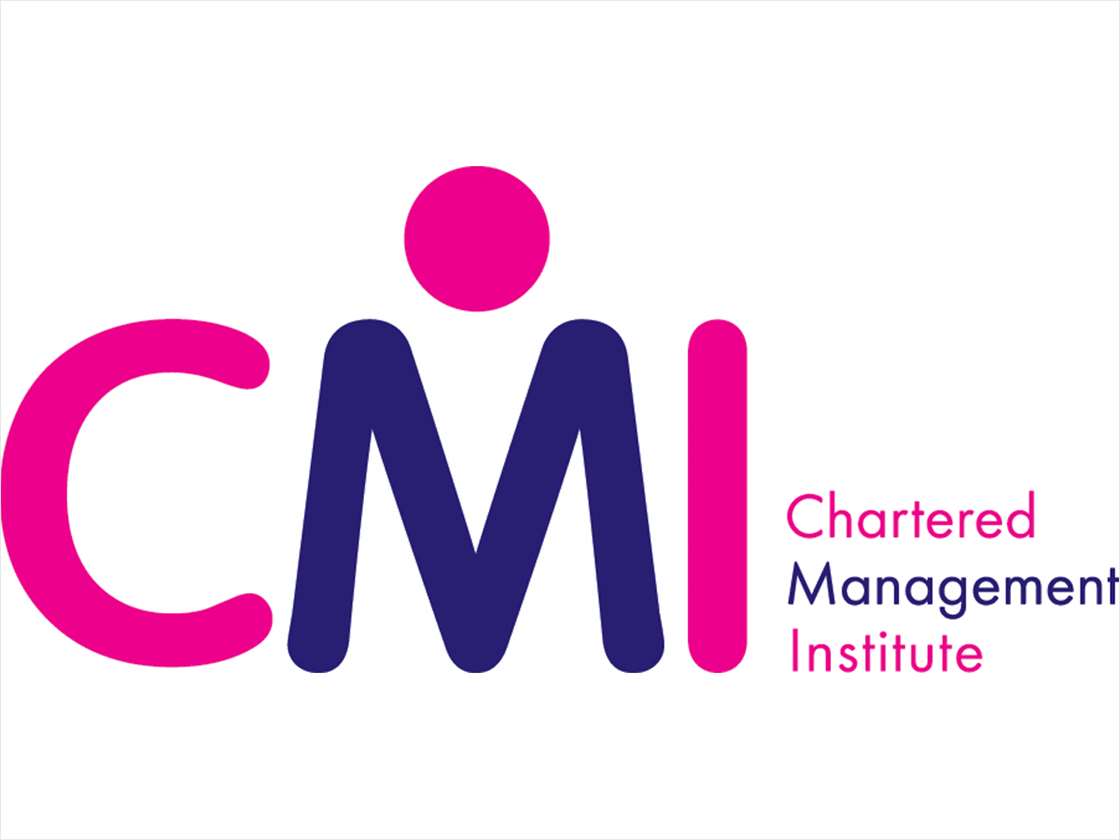International Business with Language, BA Hons
Our international business with language degree includes the study of a language - French, Italian, Mandarin or Spanish - to develop business managers able to operate in different cultural settings.
The course addresses international business in theory and practice. You will explore business management and strategy, trade and markets, internationalisation, and emerging economies. You also learn about the socio-economic implications of international business, looking at ethics, corporate social responsibility, and emerging markets.
This degree in international business with a language provides a thorough understanding of the issues faced in the international business world. To build your experience, you can spend your second year on the new Turing Scheme student exchange programme and/or take an optional placement year.
Popular international business with language careers include banking, finance, logistics, and IT. Our graduates have found roles with companies such as PwC, JP Morgan, HP, and Ericsson.
This programme is accredited by the Chartered Management Institute (CMI). On successful completion of the 3
UCAS points
112 (full requirements below)
Course/institution codes
NRC1 G BA/InBusLa
Location
Duration
- 3 years full-time
- 4 years sandwich
Start month
September
Home* /international fees 2026/27
£9,790 /£17,975
What you should know about this course
* Home fees
The government regulated undergraduate home tuition fee rate for 2026-27 has been confirmed as £9,790 per year.
What you will study
About the course team
We are an experienced team of academics and industry professionals. Trained postgraduate researchers also contribute to seminar teaching with their latest research-led insight. Our teaching is informed by research and consultancy work.
Come and meet us
We are offering virtual events so you can still experience how Greenwich could be the right university for you.
Next Open Days
Got a question?
To find out more about our Open Days and Campus Tours or if you need any assistance, please email opendays@gre.ac.uk.
Entry requirements
- 112 UCAS Tariff points. We accept A Levels, T Levels, BTECs, Access to HE and all other qualifications with UCAS Tariff points.
We make Contextual offers to this programme. Applicants that meet specific eligibility criteria will be made a contextual offer with a reduced tariff of up to 16 UCAS Tariff points. Other entry requirements such as GCSEs, Interview, etc., will still need to be met. For further information, please see our Contextual Admissions policy.
For more information, use our contact form or call us on 020 8331 9000.
You can also read our admissions policy.
Available to overseas students?
Yes
Can I use Prior Learning?
Find out more on our Recognition of Prior Learning pages.
How you will learn
Teaching
Learning takes place through a combination of timetabled learning and independent study.
You can view more information about how each module is taught within our 'What you will study' section.
Seminars and workshops enable you to discuss and develop your understanding of topics covered in lectures in smaller groups. You will also be able to meet your personal tutor. Timetabled learning may fall between 9am and 9pm depending on your courses and tutorials.
Class sizes
Average intake per year is 20-30. Lectures sizes are normally 30-240, and seminars/tutorials are 15-30. This varies by module, if shared between degrees.
Independent learning
Outside of timetabled sessions, you'll need to dedicate self-study time (around 20-30 hours per week) to prepare for coursework, presentations and exams.
You can use Stockwell Street library and online resources to support further reading and research.
Overall workload
Your overall workload consists of contact hours (lectures, seminars, etc), independent learning, assessments, and field trips. Each credit equates to around 10 hours of study. Contact hours may vary depending on your modules.
In addition, during the week you can also:
- Attend additional support classes in some modules
- Attend guest lectures from industry experts
- Take part in employability and enterprise workshops
- Join our student societies.
Assessment
You can view how each module is assessed within our 'What you will study' section.
Each course has formal assessments which count towards your grade. Some courses may also include 'practice' assignments, which help you monitor progress and do not count towards your final grade.
Feedback summary
We aim to provide feedback on assignments and to release examination results within 15 working days.
Dates and timetables
The academic year runs from September to June.
Full teaching timetables are not usually available until term has started. For any queries, please use our contact form.
Official statistics on Discover Uni
Full time
Fees and funding
Tuition fees
| Cohort | Full time | Part time | Distance learning |
|---|---|---|---|
| Home* | £9,790 | N/A | N/A |
| International | £17,975 | N/A | N/A |
University is a great investment in your future. English-domiciled graduate annual salaries were £10,500 more than non-graduates in 2023 - and the UK Government projects that 88% of new jobs by 2035 will be at graduate level.
(Source: DfE Graduate labour market statistics: 2023/DfE Labour market and skills projections: 2020 to 2035).
* Home fees
The government regulated undergraduate home tuition fee rate for 2026-27 has been confirmed as £9,790 per year.
Other costs
Further costs may include (but are not limited to):
- Resources: you may need to purchase books for your studies, as well as specific computer software. Our Stockwell Street library offers a extensive range of books for loan, as well as access to journals and digital resources.
- Field Trips: If there are any field trips, students may need to pay their travel costs.
Scholarships and bursaries
We offer a wide range of financial help including scholarships and bursaries.
The Greenwich Bursary
This bursary is worth £700 for new undergraduate students with a low household income, entering Year 0 or 1 who meet the eligibility criteria.
EU Bursary
Following the UK's departure from the European Union, we are supporting new EU students by offering a substantial fee-reduction for studying.
Financial support
We want your time at university to be enjoyable, rewarding, and free of unnecessary stress, so planning your finances before you come to university can help to reduce financial concerns. We can offer advice on living costs and budgeting, as well as on awards, allowances and loans.
Careers and placements
Will I have a work placement?
This degree offers the chance to undertake a placement year - this work placement is optional, and you are responsible for arranging your placement with support from the university. Previous Greenwich Business School students have secured their placement year with organisations such as the NHS, Nomura, RSK, Charlton Athletic, Disney, Enterprise Rent-A-Car and more.
How long is my placement?
Sandwich placements are 9-12 months of full-time paid work. A sandwich year is taken between the second and third years of study.
What are the financial arrangements?
Sandwich placements are usually paid at competitive rates for entry level roles in your chosen industry. The Employability Service will only promote paid opportunities to you.
What sort of careers do graduates pursue?
Our previous graduates have found employment in banking and finance, IT, logistics and many other sectors, working for companies such as PwC, JP Morgan, HP and Ericsson. Others have gone on to postgraduate study and started their own businesses.
Are internships available?
The University’s Employability Team may advertise internship opportunities which are made available to the University and which the team feel are appropriate for University of Greenwich students. Internships are usually shorter opportunities ranging from 5 working days to 6 months and may be part-time or full-time. Depending on the nature and duration of the internship it may be something that can be done alongside study or it may be something that can only be done over the summer. If your internship is eligible, you can receive a Certificate of Industrial Studies.
Do you provide employability services?
Yes - Our Employability Service is here to bring you one step closer to your dream career through 1-2-1 guidance, flagship events and workshops, job opportunities, mentoring and more. Their service is free and tailored to ensure you have access to the best career opportunities. Find out more at: https://www.gre.ac.uk/careers
Accommodation
Greenwich
Living in halls of residence is a great way to make new friends and get into the social side of university life. With four great locations, all minutes away from the campus and the centre of historic Greenwich , you will be at the heart of one of the most beautiful university settings in the UK.
Rooms start at £146.30/wk and include Wi-Fi, utility bills, access to our on-campus gym and 24-hour security - and just a 10-minute train journey to central London. Students based at our Greenwich campus can also choose to live the Student Village at Avery Hill, which is only a short ride on our free shuttle bus.
Support and advice
Academic skills and study support
Access study skills support through your academic tutor, our subject librarians and our online academic skills centre.
Where appropriate, we provide support in academic English and mathematics. If you need support to use particular IT packages for a specific module, we provide training for this.
We also offer a range of activities to support you throughout your studies, which include several workshops that support our students and provide useful information.
All students will also be assigned an academic tutor as the first point of contact for any academic queries.
Support from the department
At Greenwich Business School, you can access comprehensive support through our dedicated teams. The GBS Student Support team handles course-related matters via the Digital Student Centre.
Our Faculty Student Advisors (FSAs) provide pastoral and welfare support to first-year students.
Interested in starting your own business? Our Generator Team helps students start and grow businesses, The Generator also runs the Enterprise Challenge and #GreHacks competition annually.
Visit our student helpdesk in Queen Mary Building (Room 240) Monday to Friday, 9am-5pm, for in-person assistance.
Not quite what you were looking for?
We've got plenty of other courses for you to choose from. Browse our undergraduate courses or check our related courses below.....
Business and management at the University of Greenwich
Explore how organisations really operate, make decisions and grow. If you’re looking to learn about management, leadership, marketing, finance or entrepreneurship, and develop business skills employers want, we have a course for you.
Visit our business and management degrees page.
Which undergrad Business course is right for you?
Fascinated by business but not quite sure which of our undergrad Business & Management degrees you should consider? Don't fear - our handy guide is here to help!
Business and management degrees
Mode of study
Select from the dropdown below.
| Course level | |
| UCAS code | |
| Duration | |
| Location |










